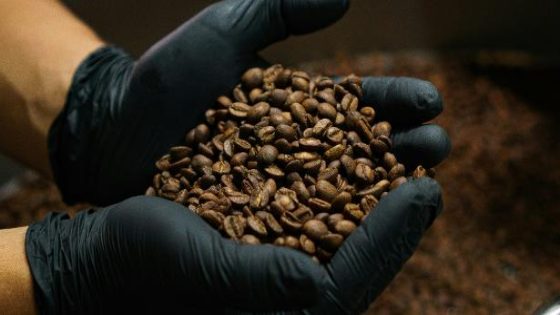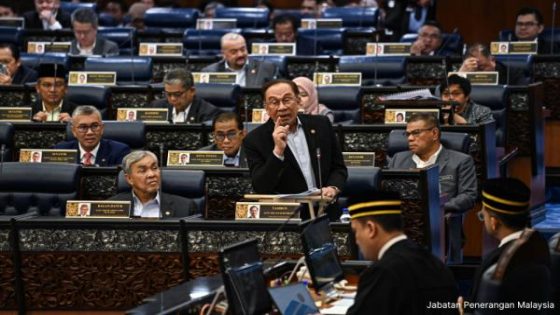The Brazilian government has announced a significant measure to tackle rising food prices by eliminating import taxes on certain food items. This decision, effective March 15, 2025, aims to stimulate price reductions and ease inflation, which has been a growing concern for many Brazilians. How will this impact consumers and the economy?
- Measures start tomorrow to reduce prices.
- Zero tax rate for an indefinite period.
- Fiscal impact remains unspecified by government.
- No expected impact on domestic producers.
- Food price inflation is a major concern.
- Reducing prices is government’s top priority.
Brazil’s Import Tax Elimination: A Strategy to Lower Food Prices
How can reducing import taxes help consumers? The Brazilian government believes that by eliminating these taxes, food prices will decrease, making essential goods more affordable for families. This initiative is part of a broader strategy to combat inflation, which has affected many households across the country.
Understanding the Impact of Brazil’s Food Price Measures
The government’s decision to remove import taxes is a response to the ongoing food crisis. High food prices have been a significant contributor to inflation in Brazil, leading to a drop in the popularity of President Lula. By addressing this issue, the government hopes to regain public trust and stabilize the economy.
Key Factors Driving Brazil’s Food Price Crisis
Several factors contribute to the current food price crisis in Brazil, including:
- High inflation rates affecting consumer purchasing power.
- Increased production costs for local farmers.
- Global supply chain disruptions impacting food availability.
- Government initiatives aimed at boosting local food production.
Potential Benefits for U.S. Consumers and Producers
The elimination of import taxes may not only benefit Brazilian consumers but could also have ripple effects in the U.S. market. As Brazil seeks to stabilize its food prices, U.S. producers might find opportunities for increased exports. This could lead to a more balanced global food supply, benefiting consumers worldwide.
Looking Ahead: The Future of Brazil’s Food Economy
As Brazil implements these measures, the focus will be on monitoring their effectiveness. Weekly evaluations of the market will help determine if these changes are leading to the desired outcomes. Will this strategy effectively lower food prices and restore consumer confidence?

































